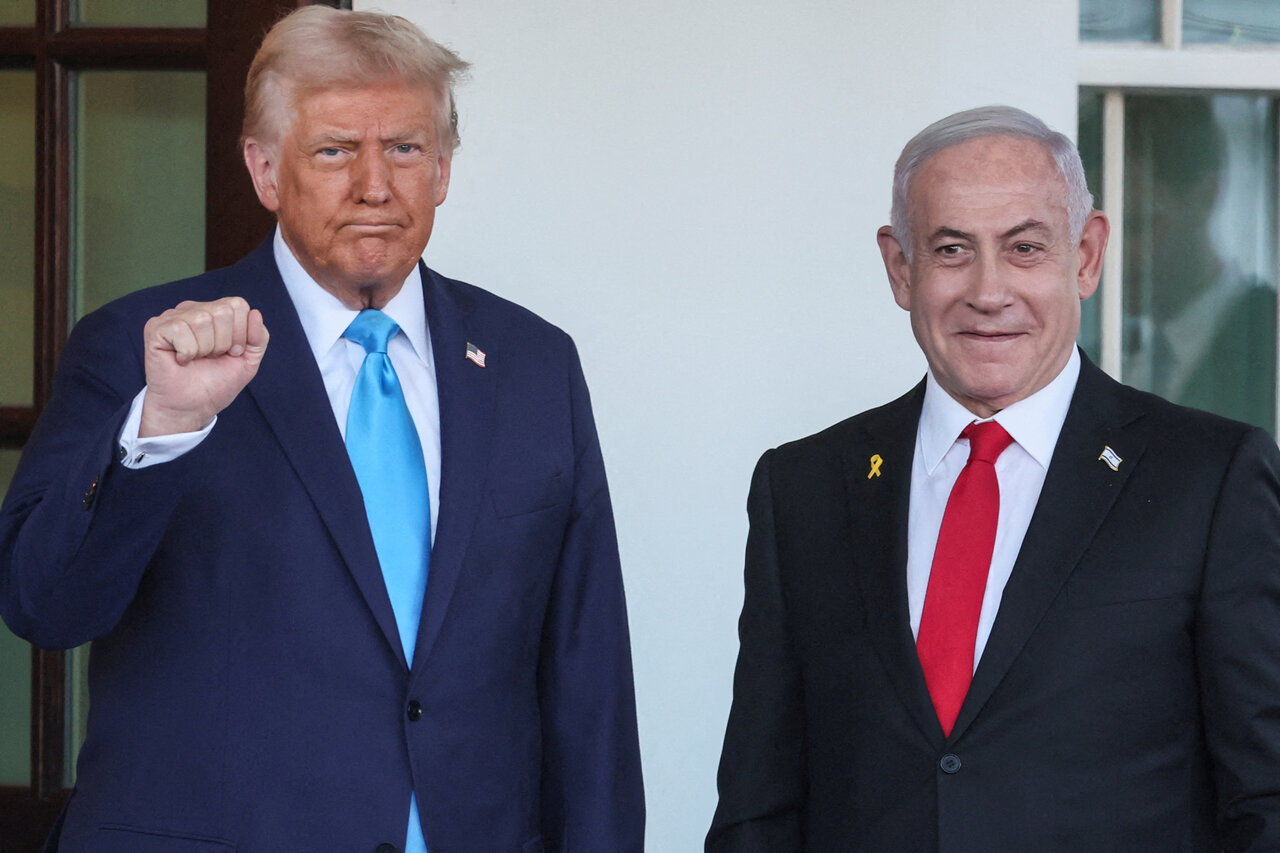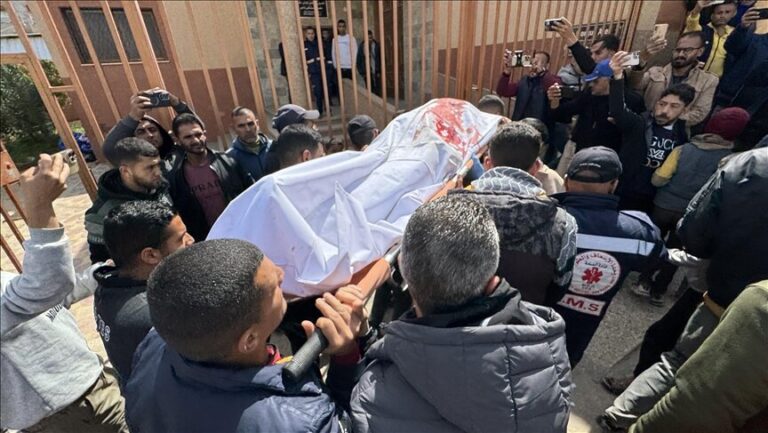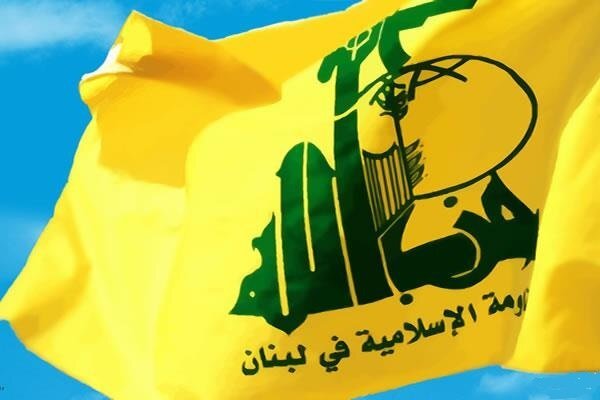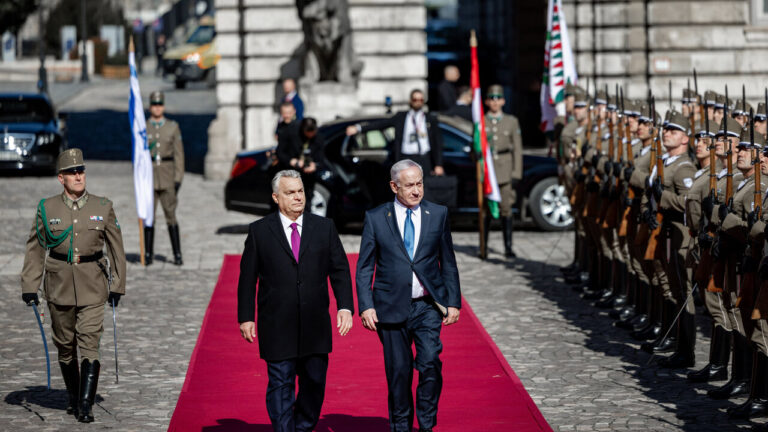Netanyahu Reiterates Call for Prisoner Release: A Continuing Demand for Justice
In a significant development regarding the ongoing conflict in Gaza, Israeli Prime Minister Benjamin Netanyahu has issued a stern ultimatum to the Hamas resistance movement. The situation remains critical, as Netanyahu has stated that the ceasefire will be terminated if Hamas does not return captives by noon on Saturday.
In a recent video statement, Netanyahu expressed his firm stance: “The military will return to intense fighting until Hamas is finally defeated.” This declaration underscores the escalating tensions in the region and the urgency of the situation.
Adding to the complexity of the situation, U.S. President Donald Trump weighed in on the matter. He announced on Monday that he would recommend the cancellation of the ceasefire in Gaza, indicating that he might “let hell break out” if all Israeli captives held by Hamas are not released by midday Saturday. Trump’s comments reflect a hardline approach to the crisis and have drawn reactions from various stakeholders.
Sami Abu Zuhri, a prominent member of the Hamas political bureau, strongly criticized Trump’s remarks. He emphasized that the U.S. President must recognize that “the only way for the return of Israeli captives is to respect the deal.” This highlights the importance of negotiations and agreements in resolving the ongoing conflict.
Furthermore, Hamas has announced that it will postpone the release of additional Israeli captives, which was initially scheduled for Saturday. This decision comes “until further notice,” citing violations of the ceasefire by the Tel Aviv regime as the primary reason for this delay.
- Netanyahu’s Ultimatum: The Israeli Prime Minister has set a deadline for Hamas to return captives.
- Trump’s Intervention: The U.S. President suggests that failure to release captives could lead to the cancellation of the ceasefire.
- Hamas’s Response: The group has delayed the release of Israeli captives, citing ceasefire violations.
As the situation unfolds, the international community watches closely, hoping for a resolution that prioritizes peace and the safety of all individuals involved. The complexity of the conflict is illustrated by the intertwining of military, political, and humanitarian concerns that continue to shape the discourse around the Gaza ceasefire.
It is crucial to note that the humanitarian implications of this conflict extend far beyond the immediate political maneuvers. Civilians in Gaza face dire circumstances, and any escalation in military action could lead to further suffering. Therefore, calls for diplomacy and dialogue are more pressing than ever.
In summary, the current dynamics between Israel, Hamas, and the United States reflect a delicate balance of power and a pressing need for effective communication. Each side has its own set of demands and perspectives, making it essential for mediators and international observers to foster an environment conducive to dialogue.
As we move forward, it is vital for all parties to engage in constructive discussions aimed at achieving a sustainable peace. The lives of countless individuals depend on the outcomes of these negotiations, and the world remains hopeful that a resolution can be reached without further escalation.
The situation is fluid, and developments are likely to continue as deadlines approach. Stakeholders from various sectors are encouraged to remain engaged and informed as the conflict evolves.






